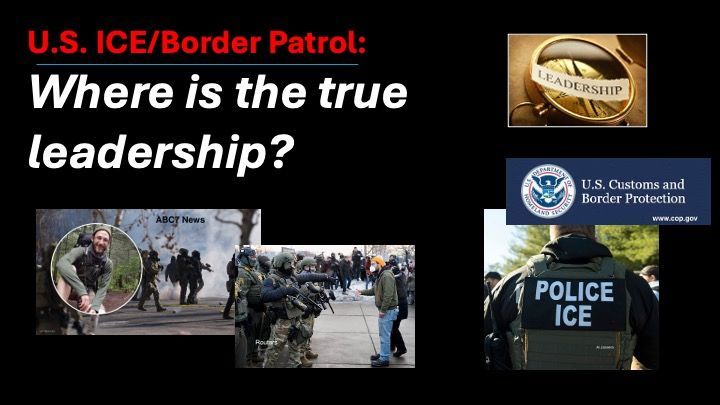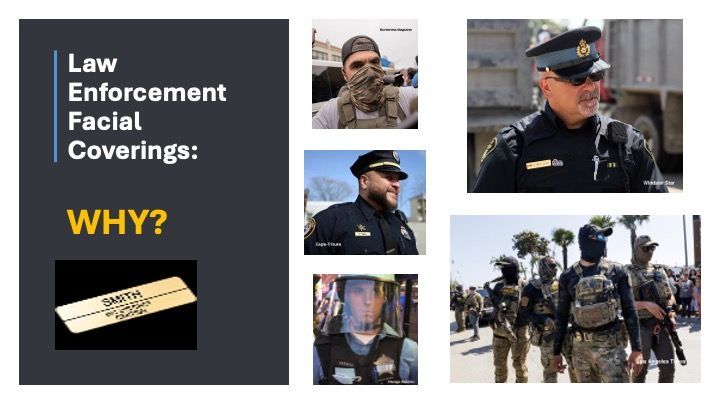New Paragraph
By Chris D. Lewis
I continually read and write articles about the criticality of effective leadership in building morale and a positive organizational culture in terms of the professionalism, buy-in and contribution of employees. In my book “Never Stop on a Hill”, I outlined all the important aspects of true leadership; how people can make or break your company and highlighted the need to inspire them to be and do their very best.
But I regularly speak with employees of private and public sector organizations that tell me that what they are seeing, hearing and feeling out there is the antithesis of effective leadership. This is understandably dragging them down; taking away their desire and that of their colleagues to work hard and try their best to help the organization prosper. This has to negatively impact the success of these companies and agencies at least in pockets and potentially as a whole.
Given the apparent will of so many pseudo-leaders to blow it and therefore fail their people, their organization and its clients, I decided I would do my part to provide them some much-needed advice on ‘how to’ completely bomb. Why only go half way? Here’s how to totally F*** things up:

1. Treat everyone like crap. Remember what supervisors did and said over your career that made you want to suck your thumb and cry or quit. Do all of those things and more to those that report directly to you, and also to colleague “leaders” around you. That will help drag them down as well, so they can further add to the fun of making the lives of ALL employees a living hell.
2. Do not reward good employees or challenge the bad. Let everyone do what they want, or do nothing if they choose. Show the hard-working and committed employees that their efforts mean zero, and prove that that the lazy employees that abuse the system; disobey the rules; and do nothing will go totally unchecked, but will still collect the same pay check every two weeks. In fact you should try to promote some of the very worst people to send a resounding message to the good!
3. Do not communicate. Screw them. The employees don’t need to know what is going on and why, so don’t tell them. Nor do you need to know their thoughts; ideas or suggestions on how to provide better service or be more efficient. If you need their advice, that means you don’t already know everything yourself. After all, you’re a boss and they aren’t, so what the hell do those peons know about anything? How silly.
4. Destroy morale. Happy employees will only come to work on time, work hard, won’t call in sick as often; will smile and treat people – including customers, with professionalism and respect. They might even actually start to feel good about themselves and not want to quit! Jesus. Who needs that nonsense?
5. Do everything you can to make employees feel disconnected. Don’t acknowledge their efforts; NEVER thank them; and don’t do or say anything to make them feel understood, valued or appreciated. What good could possibly come out of that? You certainly do not want them to feel that their opinion counts, or they might then try to offer suggestions or God-forbid attempt to slide in unwanted input to steer your boss-like decisions. (See number 2 above.)
6. Never support anyone, ever. If they start thinking that you care about them and want to help them succeed in their careers or in their personal lives, that could lead to morale “building” rather than your ultimate goal of “destroying” morale. If you acknowledge the positive happenings in their lives (like the birth of children, marriage, new homes, birthdays, vacations, retirement, etc.) or offer them support in the dark days (i.e. physical or mental illness, family deaths, financial hardships or divorce) they will think you must be weak. Remember: These people are merely numbers on a company payroll. They are not people that have needs or challenges in life and if they suddenly do, you don’t need to know and it’s not your job to help anyway. What are you supposed to do?
7. Know nothing about an employee. Do your best to never even know their first names. In fact don’t know anything about them! If anything more than “hey you” is required, just call them by their last names, or “buddy”, “kid” or “sweetie”, as opposed to “Bill” or “Sue”. They’ll love that. Your goal should be that when they quit or go off totally broken mentally and or physically, retire and/or die, you should be able to proudly boast “I never even knew his or her first name”. You also don’t need to know if they are married; have children; have parents; where they are from; where they live; what their personal interests are; what their experience levels or areas of expertise might be; and where they want to go in the organization. In fact, the more you know about them, the more you’ll be tempted to actually seem human at times. Despite articles to the contrary, that is NOT a good thing.
If you are successful, you will contribute greatly to the total failure of the organization. Morale will continue to plummet; sick leave will rise; productivity will deteriorate, professionalism will be non-existent and you’ll lose clients in droves. People will quit or transfer and you’ll be unable to attract replacement personnel because the word will spread like wildfire that you are a complete dick.
And if you happen to be a so-called leader in a police department, where I had the pleasure of serving for decades, a lack of professionalism will lead to a deterioration of community trust. The public will not want to report crimes or tell your officers things they’ve heard or suspect. Victims won’t feel comfortable telling the people you “lead” about awful things that have happened to them. Your members will inevitably do bad things and community leaders will do everything in their power to either promote you so you can screw things up at an even higher level, or kick your useless ass out of the door before you make things even worse. Either way, you’ll have succeeded in sucking the life out of your people and destroying the will of the organization.
Well-done!Mission accomplished.
_________________________________
Chris D. Lewis was a police officer at all levels for 36 years and the 13th Commissioner of the Ontario Provincial Police, one of North America’s largest police services.




